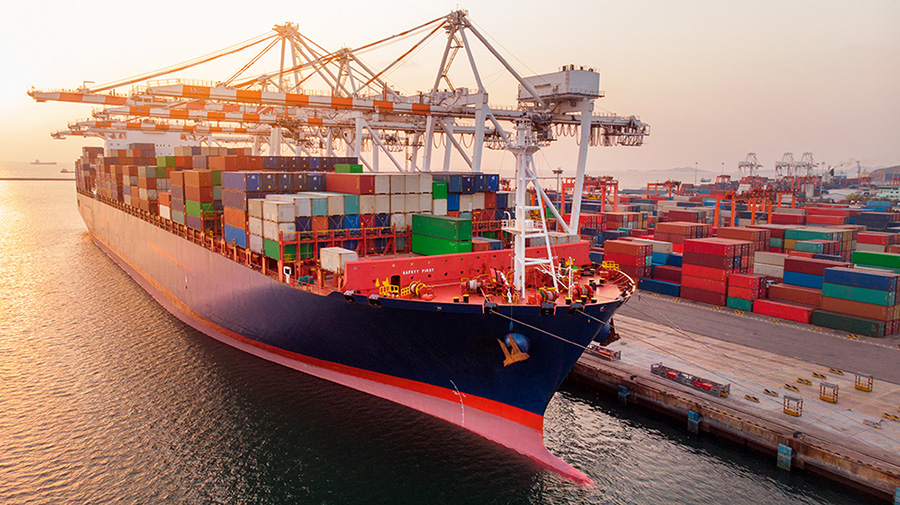Green signal paves the way for accelerated development of India’s ambitious transshipment hub
In a significant boost to India’s maritime infrastructure, Adani Group’s Vizhinjam International Seaport has received environmental clearance for its upcoming phases of development. The clearance, granted by the Ministry of Environment, Forest and Climate Change (MoEFCC), marks a crucial step in advancing one of the country’s most strategically important port projects.
The clearance covers the next phases of the port’s construction, including expansion of berths, dredging activities, development of container terminals, and enhancement of associated logistics infrastructure. With this approval, Adani Ports and Special Economic Zone (APSEZ) can now proceed with full-scale implementation of its long-term vision to transform Vizhinjam into a world-class transshipment hub.
A Game-Changer for India’s Maritime Landscape
Located near the international shipping route and just 10 nautical miles from the East-West shipping axis, Vizhinjam Port is poised to significantly reduce India’s dependency on foreign ports like Colombo, Singapore, and Dubai for transshipment. The port’s natural depth of over 20 meters and minimal dredging requirements offer a competitive advantage in handling large container vessels.
The environmental nod will enable Adani Group to move ahead with its next set of infrastructure upgrades — aimed at increasing cargo handling capacity, improving port connectivity, and integrating digital systems for smarter logistics.
Sustainability and Compliance at the Core
The approval comes with specific guidelines to ensure environmental protection, signaling that development and sustainability can go hand in hand. Adani Group has emphasized its commitment to adhering to all environmental regulations, including coastal zone management, marine biodiversity conservation, and pollution control measures.
Efforts are also underway to integrate green technologies into the port’s infrastructure, including the use of renewable energy, water recycling systems, and eco-sensitive design practices — reinforcing Vizhinjam’s image as a modern and sustainable maritime gateway.
Boosting Kerala’s Economic Prospects
The Vizhinjam project is expected to significantly boost Kerala’s economic landscape by generating thousands of direct and indirect jobs, attracting global shipping lines, and enhancing trade competitiveness. Once operational in its full capacity, the port is projected to handle millions of TEUs (twenty-foot equivalent units) annually, positioning India as a stronger player in the global maritime economy.
Looking Ahead
With environmental clearance secured, the next few years will be crucial as construction progresses toward full operationalization. Stakeholders in trade, logistics, and industry are watching closely as Vizhinjam prepares to rewrite India’s maritime narrative.

